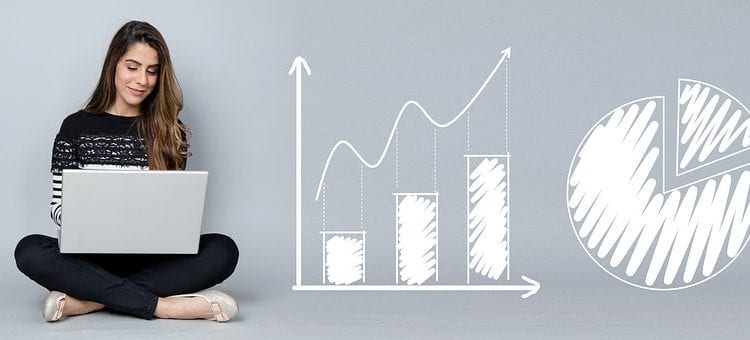Just like any financial market, trading in the commodities market involves the buying and selling of market assets. According to Ask Traders, the best ETF brokers allow traders to access the market and conduct the practices of buying and selling in commodities. What are these commodities, you may ask? Raw products, natural resources, energy materials, etc. Commodities can be classified into two main categories: hard and soft. Hard commodities are simply natural resources (like metals or energy products) while softs are often agricultural items. For day traders, the best place to trade these commodities is in the online commodity market made available by today’s best ETF brokers.
One can invest in the commodities, or the derivatives, or buy ETF shares that trade in commodities. Trading commodities involves a lot of risks as the price can tend to go up and it can drop in a matter of minutes. Aside from using ETFs, Stock and futures to invest in commodities, you could use index funds similar to ETFs, and use community pools and managed futures. There is a long list of different commodities that one can invest in, and it is often difficult to select the best asset for trading. However, it is often a good idea to select trading assets where you’re familiar, such as:
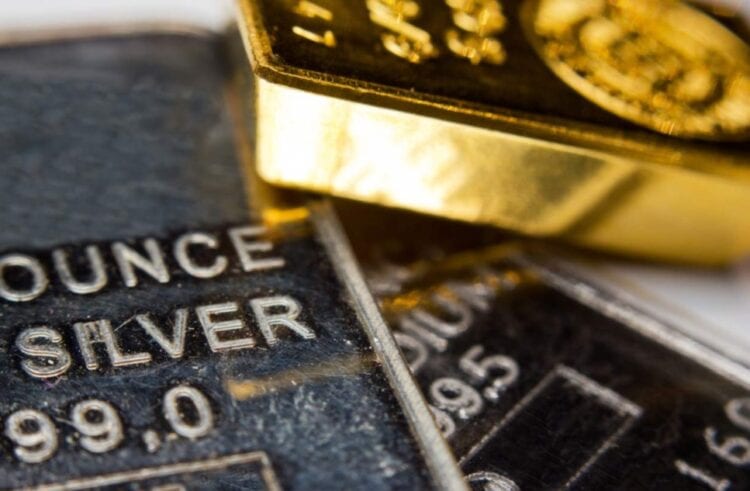
- Crude Oil
- Natural Gas
- Gold
- Silver
- Copper
- Soybeans
- Corn
- Orange Juice
Market prices for these commodities are determined by the demand and supply of the commodities within each region of the commodities market. All commodities prices have the potential to become volatile in certain environments and this can sometimes make trading more difficult. Worldwide, there are fifty commodity markets which allow physical trading and derivative trading. However, this type of financial market might be very common and its relevance in the world now is rising (especially with the introduction of different trading features and investment technologies). Examples of popular trading exchanges within the commodities market include New York Mercantile Exchange, Chicago Mercantile Exchange, London Metal Exchange, Tokyo Commodity Exchange, the Minneapolis Grain Exchange, and others.
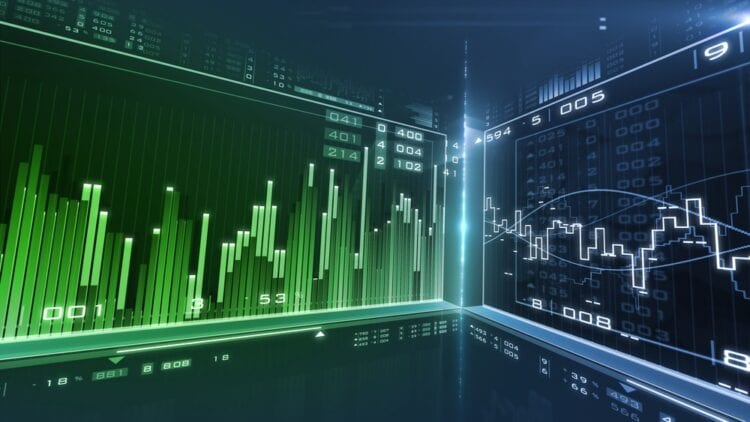
Some of these commodities exchanges are specific in defining rules for what can be traded, while other trading exchanges allow for the trading of every commodity. Within the commodity markets, there is a transaction called spot contract which is the agreement that the delivery and payment takes place either immediately or after a short period. Unlike other financial markets, most of the actual trading occurs in a physical market called the farmers market. However, people can trade commodities via exchange-traded funds (ETFs) or derivative markets, where standards have been made known and trades occur are made based on those standards without visual inspections.
Within the derivative markets, there is something that is referred to as a forward contract. Here, an agreement is formed between two parties as to when an exchange of a commodity will occur for a predetermined price. The predetermined price is the forward price, and futures contract transactions occur via trading exchanges. Certain regulatory bodies help with monitoring the commodities market such as the National Futures Association. These regulatory bodies focus on making sure all trading activities and transactions are done correctly. They also monitor future contracts and give recommendations as to where to improve.
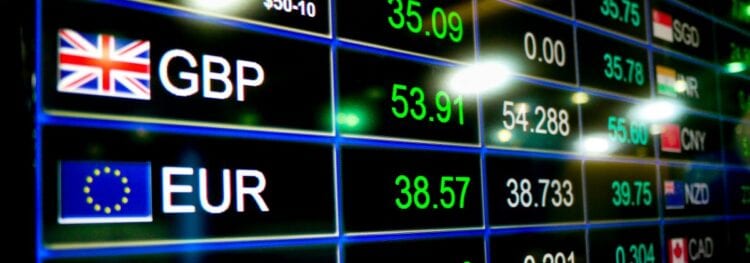
Within the commodities market, different participants are ranging from speculators to hedgers. Speculators are simply the traders; they speculate where the prices would go and try to monitor and predict future price movement. Their actions are based on these analyses and predictions. Regardless of where the prices tend towards, they can make a profit as long as they predict and analyze correctly. Now, the hedgers are simply the manufacturers and producers of these products. Since prices fluctuate due to certain reasons such as harvest time, seasonal time and others, he or she makes a future contract to deal with present losses due to his careful analysis that he would gain at so and so times in the nearest futures. It is easier to join the speculators, hedgers often require more than just prediction, you need to manufacture the products as well.
Pros
- A lot of range – Investors can diversify portfolios using commodities. From gold to cereal, there is never a lack of options for those interested in trading commodities.
- Access to education – It only takes a small amount of time to understand different commodities products.
- High growth in popularity – high demand for a commodity leads to a higher price in trading markets, and there might be seasonal products that offer additional short-term investment opportunities.
- Inflation security – during inflationary periods, commodities are often safe from inflationary price pressures.
- Trading Transparency – all buying and selling occurs on the exchange, without the possibility of price manipulation. It is all about pairing sellers and buyers. If Trader A wants to sell at price P, and Trader B wants to buy at price P, both are matched and the order is completed.
- Risk management – is taken care of by the exchange to protect the investors.
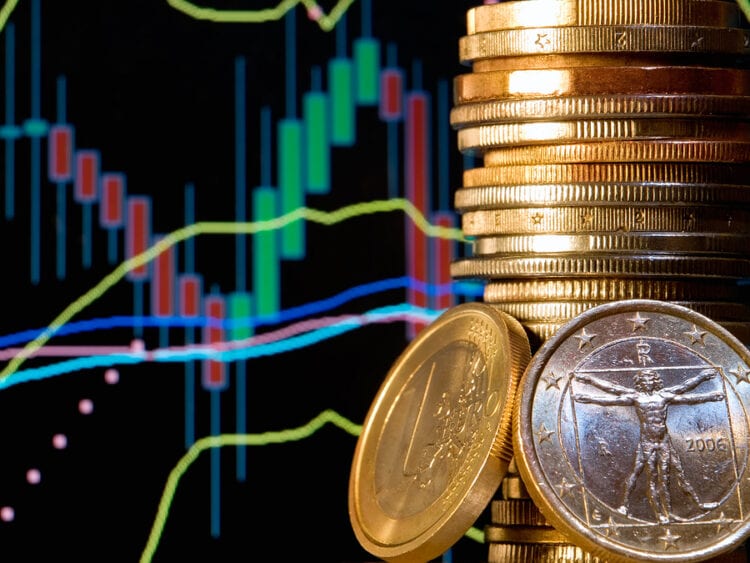
Cons
- Volatility – it comes with every financial market, however, it is often very high in commodities. Therefore, it is very easy to lose and gain money very quickly.
- Trading risks – Due to volatility, there isn’t any assurance any specific trade will make money. Even when all analysis and indicators point in a certain direction, an unknown variable could change the market.
- Government policies – traders can sometimes encounter changes in government policy that prohibit the trading of certain instruments.
- Geopolitical risks – economic conditions in certain regions might also after the price of certain commodities fluctuates.
Oftentimes, when you want to start trading, you need to make a plan that explains how you intend to invest. Is it gold or oil? Why is it gold? How long do I intend to invest? Does gold fit the profile? If not, which commodity does? Careful assessment and discussion can make a well-informed decision and lead to lower losses with increased confidence. Just like every financial market, it is all about selling high and buying low and vice versa. Be smart and careful about your dealings. Don’t just put all your money on a single commodity. Learn the trends, understand the whys, and build your portfolio gradually. It helps to be slow, as commodities trading is often a fast money-making adventure. It takes time, and with the proper experiences, you can make that money in the commodities market.

